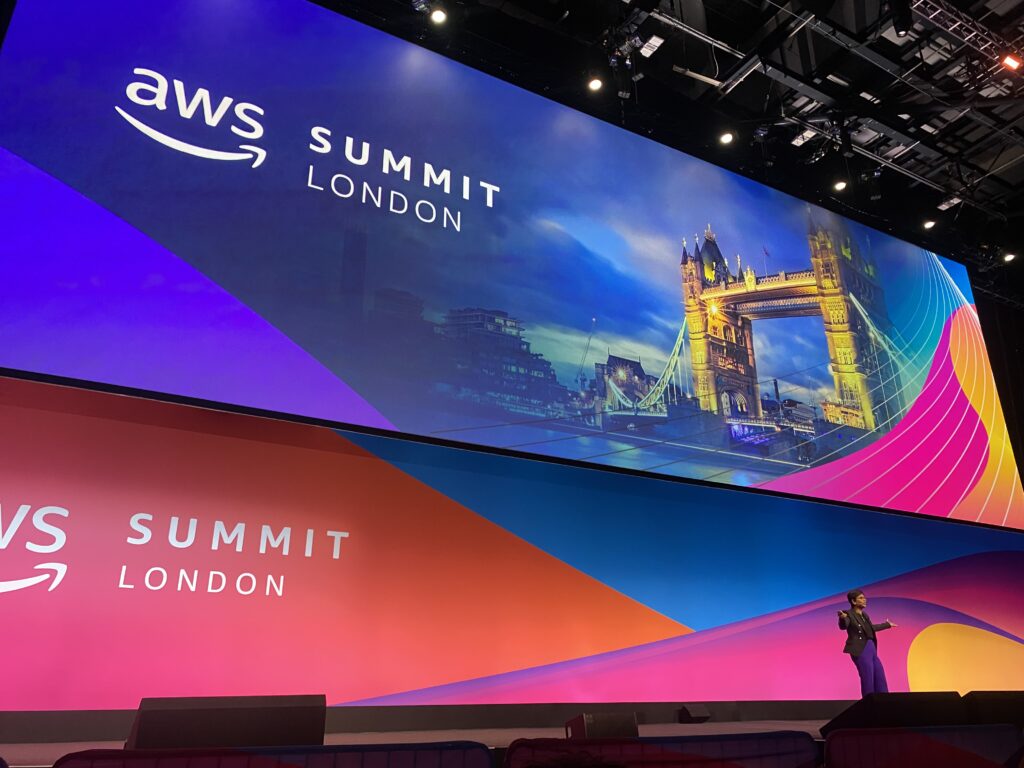In times like these you don’t need a bigger boat, just some better paddles
Like buses, you wait a decade for a crisis and then two or three turn up. No sooner had we jumped off the COVID bus, along comes energy, inflation, and war in Europe. I walk through a local farmer’s field most mornings and I’ve been looking out for locusts the last few days just in case. Thankfully, a riding quartet weren’t out for a morning gallop either.
I am old enough to remember more than one economic swing; my mom and dad turned our back lawn into an interim allotment during the late 1970s, a solid practical response to tough economic times, and of course, you don’t need to have watched Mary Mungo and Midge or lusted after a Chopper bike to have lived and worked through the global financial bumps of 2007/8.
If you haven’t read Too Big To Fail by Andrew Sorkin I have a copy, and happy to let you have a read as long as you promise not to sell it to buy 10ml of diesel. It’s not happy reading, but the shambolic shenanigans going on in the background of the banking crisis, right up until the day Lehman Brothers went pop, did make me feel rather positive about one thing – I could have a go at running a major global bank or the Treasury of the US and UK and probably make as decent a fist as those in charge did. That’s as they horse traded deals in darkened rooms, and as the CEOs of massively over-leveraged financial institutions flew into those meetings on their private helicopters.
I do remember sitting down a few days into that crisis with previous colleagues, discussing the responses we could help our customers make to cope in that rapidly changing and obviously challenging situation. What we realized, and researched, was that suggesting massive wholesale changes might sound compelling in an ideation session, but it is the smaller interventions that make the fastest, most impactful and least risk-based options.
So, our whiteboard became a river, our customer’s business a raft, and while we knew the world might be up the creek, we realized we needed to identify a few paddles to hand them to navigate the raft with a little more agility, not offer them a new boat.
We ended up inventing the term ‘Tweak-onomics’ and our 15 Paddles guide, a set of pragmatic and achievable interventions companies could make quickly. It became a bit famous for a while but most importantly, a lot of the interventions we identified got implemented by our customers and we hoped help calm the waters under their rafts.
The recent, and for some still active, response to COVID has allowed businesses to consider the levers they can pull to safely traverse their way across those uncertain times.
In a survey Sapphire conducted in Q2 2021, we asked business leaders how well their business was coping through the pandemic and, also, what paddles they could have improved upon or didn’t have in their raft that could have been useful.
We are only 18 months on, and my view is that those answers still stand or have become even more important as we look to the second half of 2022 and consider what 2023 has in store.
So, to today, and like my mom would say, let’s dig in now and not talk about the size of the marrow we planted ten years ago.
Business Decision Making
Half of businesses surveyed said they didn’t have the information they needed to make good business decisions, and 15 percent said they were basically guessing. The technical terms are Enterprise Performance Management, Business Intelligence, and Data Analytics.
Basically, does your business have a paddle that enables it to see the things you need to know across your business to make intelligent and timely decisions? That could be in finance, forecasting business costs or predicting renewal rates of contracted customers to accurately plan revenue, or in supply chain, making sure that containers coming in from suppliers are perfectly optimized for your customers’ needs and don’t end up sitting in a warehouse burning cash. Are you in the 50 percent that can make those data-driven decisions or is your data paddle splashing about in the water?
Productivity
Being frank, UK productivity was pretty poor before the pandemic, and while we all patted ourselves on the back working from home and protested that we were definitely all more productive, we have a huge productivity gap but also a huge productivity paddle waiting to be grabbed and leaned into.
In our survey, 90 percent of businesses were either investigating, considering, or doing automation. If you are still in the former camp, simply investigating or even still considering, in my opinion, it is simply time to do. I am going to be even bolder, if you are in some way anti-automation for any other reason than you have already qualified out all processes in your business for automation, then you are doing your business and your colleagues a disservice. Hard times call for harsh words.
Automation is the #1 inflation buster open to businesses today, so get one or two automation paddles in your boat. I guarantee you will have a business case built within a week and you could have your first digital workers in a virtual seat driving up productivity in weeks.
And productivity isn’t just about automation, of course, in a survey with Kantar Research in Q1 this year we found 72 percent of workers in the UK made mistakes or felt unproductive because they were doing their jobs at home but without the right tools, and 42 percent wanted their tasks made simpler and easier to complete. Around half of companies in our COVID survey said their systems hadn’t coped well with changes to business operations.
Findings by our process teams found that in a finance function your average worker spends under six percent of their time in your finance system and guess what, over 45 percent knee-deep in excel. However good excel is, that cannot be right. It could be you haven’t resolved my first question – do you have the right tools in place to make decisions? – and instead your teams are stuck in excel trying to produce reports for your management with data that’s now out of data.
Otherwise, is it that your systems have not been updated and you have clunky workflows misaligned to how your business actually works today? Are you making your people do repetitive tasks in systems that don’t make those repetitive tasks easy? That’s a productivity paradox even Dr Who would struggle to rationalize.
Cloud Mindset
OK, you knew cloud was coming, but in our COVID survey again around half of businesses said their existing people, process, and platforms hadn’t responded well to change. Well, that’s not a shock because we have all had a mindset of ‘our business is so different we must follow our own processes’ hard coded into our own systems since systems began.
We all know that for some businesses that is still the right approach, but the collective wisdom of the cloud, and speed and value of adopting best practice off-the-shelf processes, and continual optimization and innovation from the cloud is now the only approach most businesses should take.
Of course, adopting cloud in a core digital operations platform like financial management, enterprise resource planning, or in the dark recesses of digital operations management will only happen when you need a new system but, in areas like enterprise performance management and automation, you can and should take a cloud-first approach.
If you use SAP Business ByDesign, new automation digital workers are already waiting to be deployed. So, if you are in a position where you are considering a new core platform then I urge you to think cloud mindset if you can and gain the value of continuous improvement, new features and functionality, and paddle away.
Levelling with you, I know it’s easy to write these articles about your business when I don’t work in your business. I always hesitate to advise people who know more than I ever will about how their specific challenges. But, the survey that suggested these paddles were of use was answered by businesses just like yours, trying to navigate their way down the same economic river as yours. Hopefully, you will think it worthwhile grabbing at least one of them as you navigate the next few months and we all head to calmer waters.



